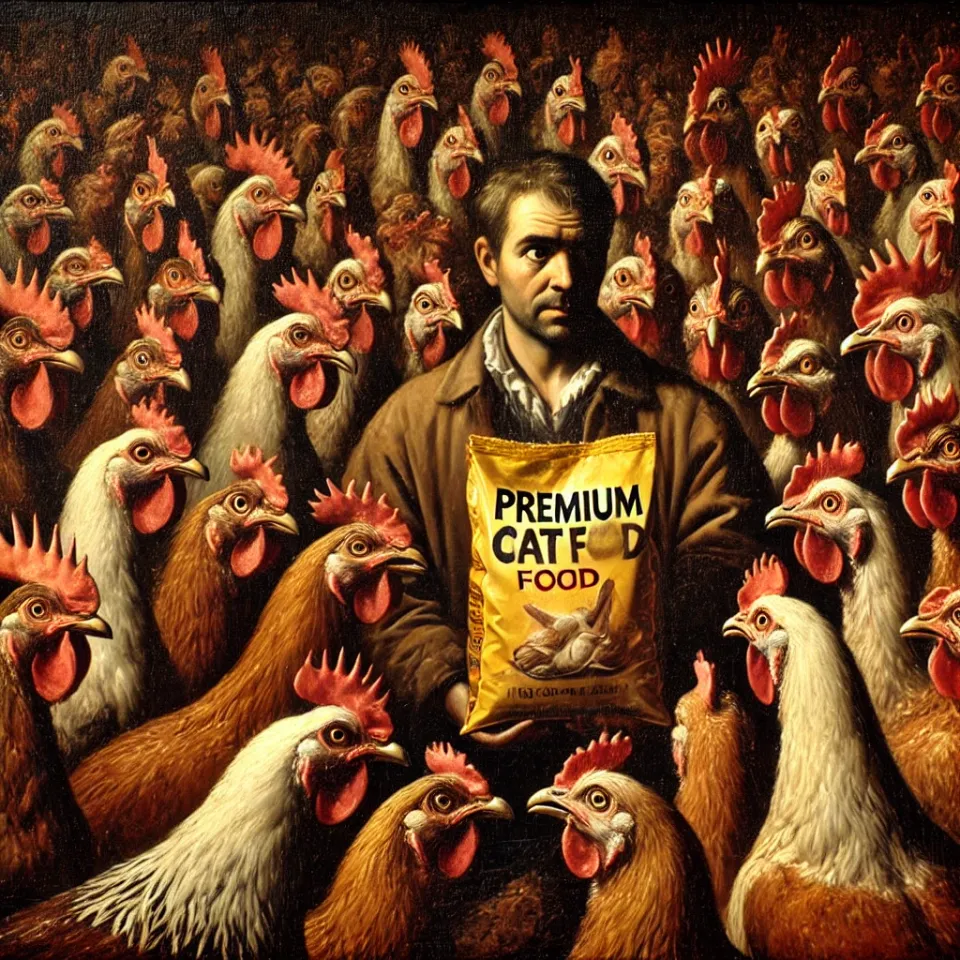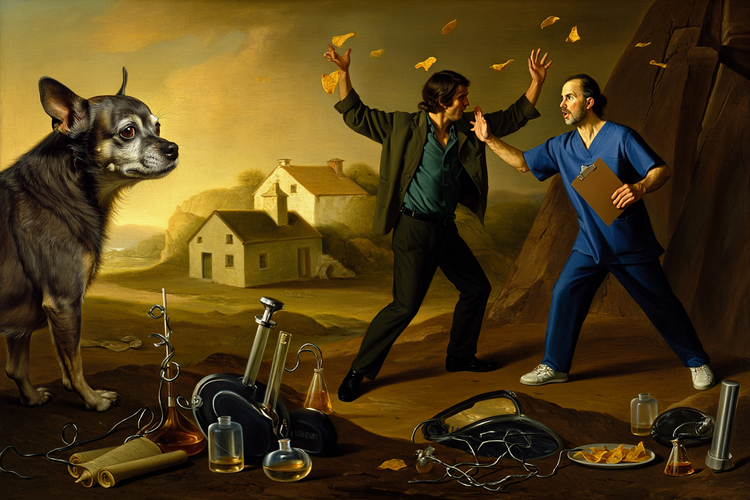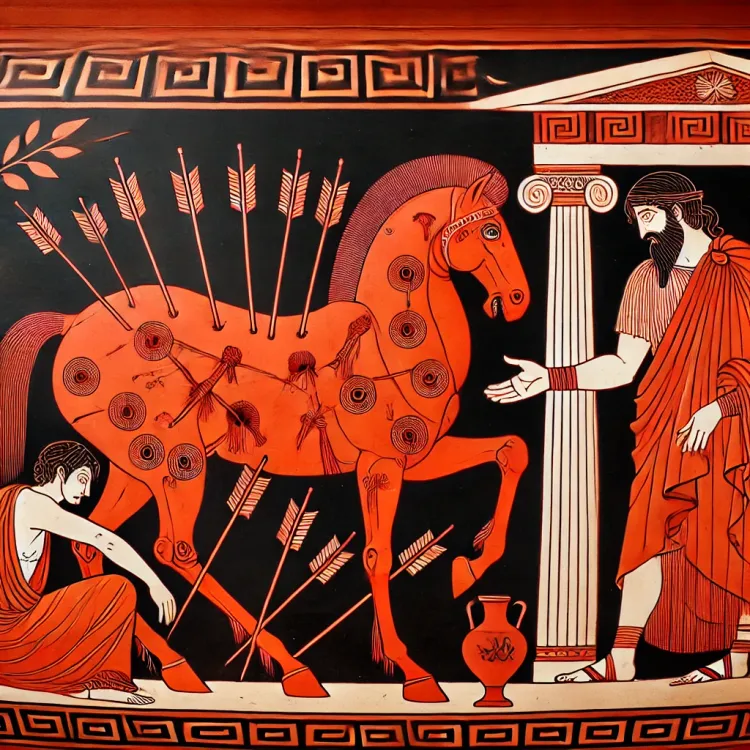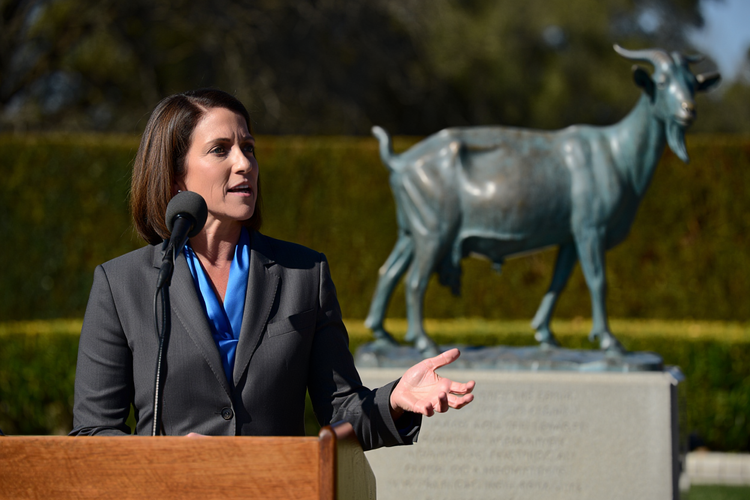I Didn't Die of Bird Flu!

In case you missed it, millions of chickens are dying.
I mean, that's always happening, since chickens are 70% of all the birds on Earth and we eat most of them, but now we're killing millions of them without eating them, because there's a real scary virus making it's way through the flocks.
Highly pathogenic avian influenza (HPAI) is on the shit-list of every governmental and international public health watchlist, mainly from a combination of its ability to rapidly mutate and jump between widespread animal species, and it's unprecedented 50% human mortality rate.
To put it in perspective, COVID-19 has a roughly 1% fatality rate and nearly ended civilization. Or at least axe-throwing bars (or at least the one in my neighborhood).
So all these current, non-sandwich related deaths of chickens are a result of "depopulation", which is a euphemism for just going in and slaughtering all the animals. Sometimes as humanely as possible. It's not the most ethical process in the world, when you think about it, but if you already have the billions of chickens and all the biosecurity risks that imposes, and you need to keep the engine of agricultural efficiency going, it's the least bad option.
Which– if that makes you upset– sorry and all of that, but just wait until you hear what HPAI does to cats!
It's really, really bad.
Somehow, I ended up with two of the most recently reported feline cases in Oregon. One of them had been unwittingly exposed through raw chicken meat, a popular choice of diets amongst the pet-owning urban elite. This roughly $7 billion industry with an annual growth rate of more than 10%, has aggressively marketed uncooked flesh as a nutritional panacea, despite there being no-f– -ing good reasons to believe this.
A week after I saw the first cat, a runty stray with a fever of 106°F, I got a call from public health. At first, it felt like getting called to the principal's office for starting a pointless blog instead of developing my clinical skills, but I quickly realized I was just being informed of my unknowing exposure to a virus that could have had the starring role (alongside Cuba Gooding Jr., Dusting Hoffman, and Rene Russo) in the 1995 movie Outbreak.
That was all well and good. I felt fine, and it had already been a week after my exposure, so I figured I could just use the case as a way to score points on social media and that would be that. Public Health told me to inform them if I developed any symptoms within the next 2-3 days, the end of the known incubation period.
The next day I woke up with a cough.
Several phone calls back and forth with various officials later, a team of hazmat-suited healthcare workers came in through my front door and probed into the depths of my nasal sinus. It was a beautiful Friday afternoon, as I recall. The park across the street full of curious neighbors on recreational strolls, wondering what the hell was going on in the Bishop household.
For the next 72 hours, I waited for test results, shivering mostly from the COVID + children flashbacks, and sipping a little Robitussin now and then (for the cough!). Luckily, I tested negative. My infection was only a mild upper respiratory one–no doubt from the little virus factory known as preschool.
My two cat patients, on the hand, were less fortunate: both succumbed to HPAI.
You really can't blame a virus for being a virus, it's literally just a mechanism for replicating itself. But "up" the ladder of complex life, it gets harder to not see some fault. Somewhere between an amoeba and a corrupt politician, it's irresistibly tempting to call for heads to roll. This might be right, it might be wrong. I don't know.
It's not the Canada goose's fault, who crapped some goose crap full of HPAI particles into the chicken's farm. And, you know, do we really think the chickens have set things up this way?
Which I guess leaves the people, and it's always tempting to blame them. But which ones? The farm hands who didn't properly sanitize? The managers and owners who cut corners? Did they? Or did everything go right and it's just hard to prevent viruses from spreading?
For the cats, was it the owner's fault they chose raw food? Should the average American consumer understand the complex interactions between host, pathogen, and environment constantly fluctuating in chaotic and unpredictable ways? Are they on the hook if they've been aggressively marketed with misleading information about the health benefits of dubious dietary theories?
Probably not. It's stupid and unethical and unnecessary, but that just puts it in a long line of similarly-titled human achievements (notice my restraint in withholding a Nickelback joke here).
Was the exploitation here truly banal, or was there something else here? Even the most sustainable agricultural practices costs some amount of resource exportation and importation. Every animal breath adds some amount of carbon dioxide to the atmosphere. Even plants fight for their lives.
As it stands, it seems that there's even more evidence that at least the part of the (one the one hand monstrous, on the other extraordinarily productive) system where we feed raw bird flesh to pet cats at premium prices is probably not worth doing any more. But you know what, one of the companies implicated in cat deaths has refused to issue a recall. Because they believe in their product that much.
So I don't know. I hope anyone reading this considers not feeding raw food to their pet. It might save their life, it might prevent the next global pandemic. Not sure. I'm just glad I get to go outside again.





Comments ()